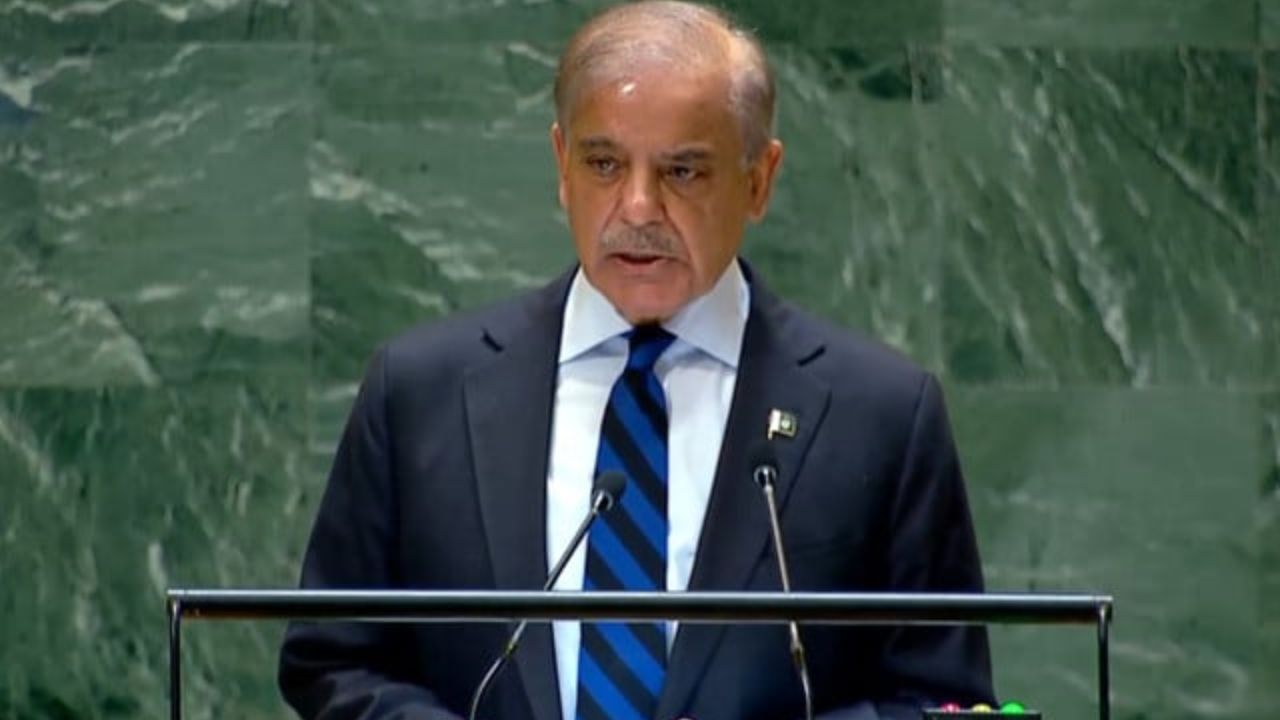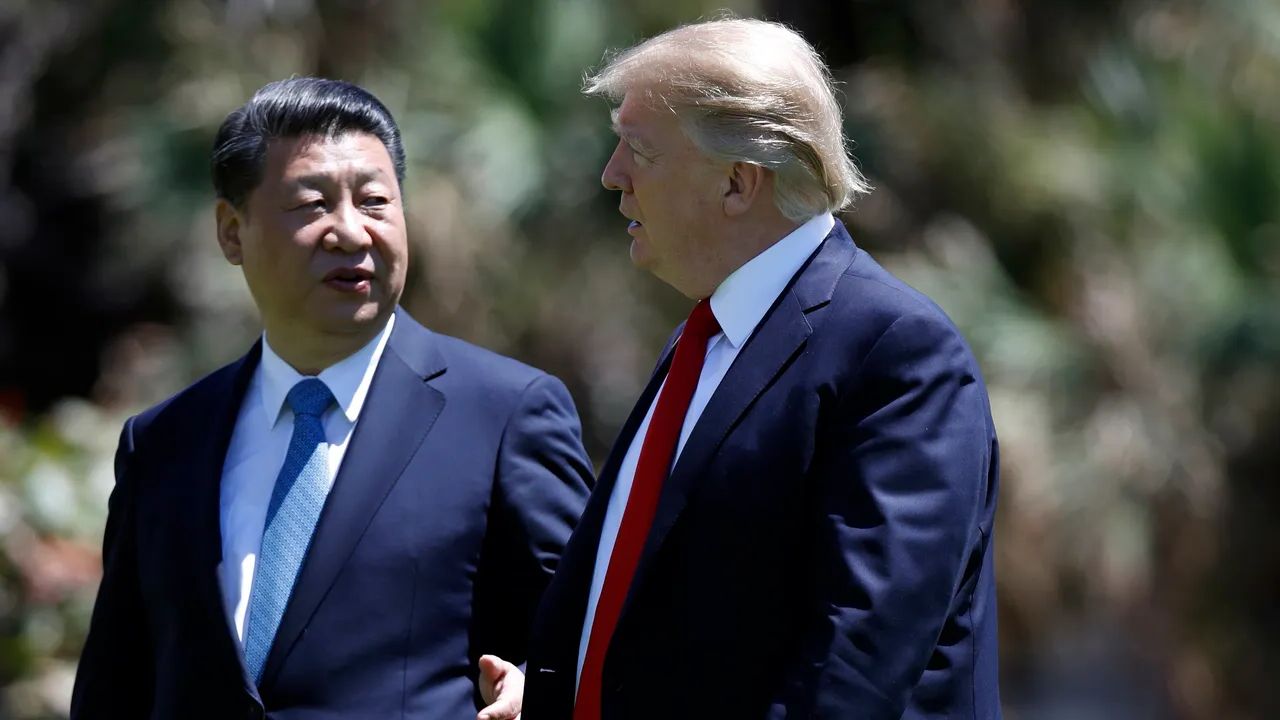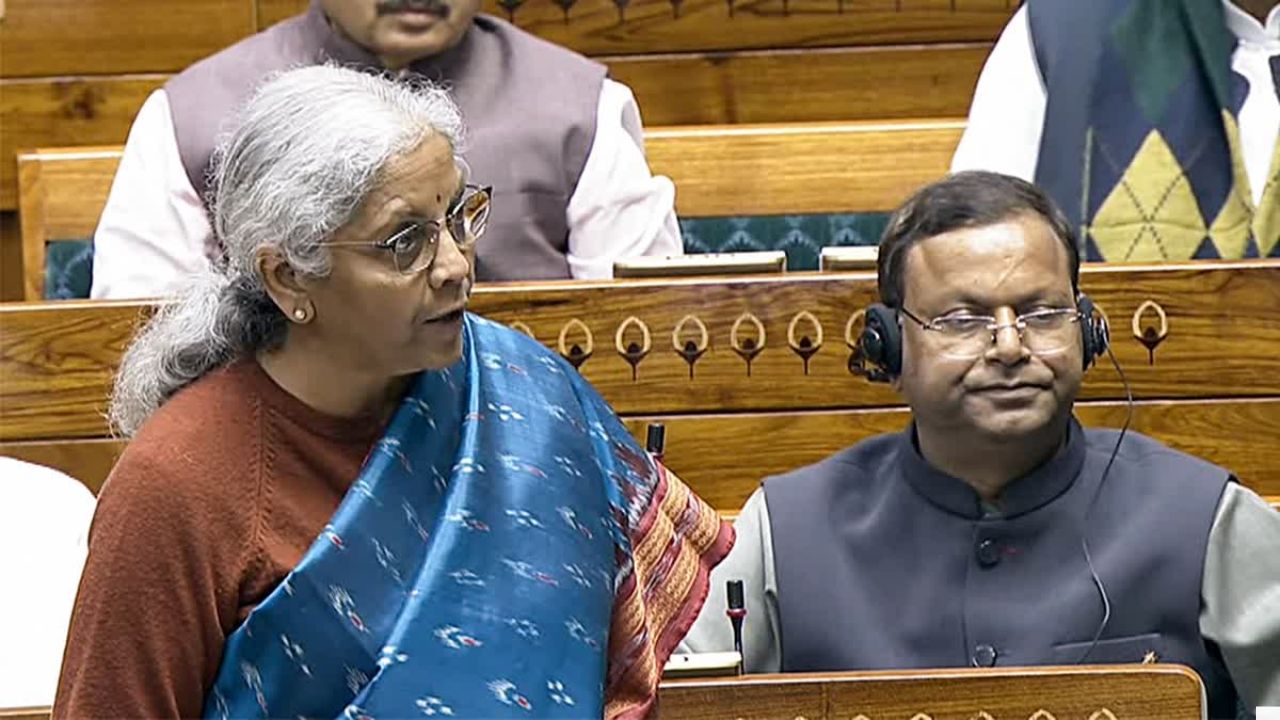The State has assured the Supreme Court of a ₹70 crore payment to workers of the Assam Tea Corporation, to be disbursed over two financial years.
The Assam government’s assurance to the Supreme Court to pay ₹70 crore to Assam Tea Corporation Limited (ATCL) workers over the next two financial years is a significant development in the long-running issue of worker

The Assam government’s assurance to the Supreme Court to pay ₹70 crore to Assam Tea Corporation Limited (ATCL) workers over the next two financial years is a significant development in the long-running issue of worker dues. Senior advocate Nalin Kohli, representing the state, communicated this commitment to the bench of Justices Abhay S. Oka and A.G. Masih. The court directed the Assam government to submit an affidavit outlining the timeline for payment within two weeks and scheduled the next hearing for January 24.
The case stems from a contempt petition filed for the non-payment of dues to workers employed in the 14 tea estates managed by ATCL, a state-owned entity. The financial woes of ATCL have been ongoing for years, with the company’s liabilities ballooning to ₹650 crore, which includes ₹414.73 crore in workers’ dues and ₹230 crore in unpaid provident funds. Despite a Supreme Court order in 2010 directing the state to clear these dues, the Assam government has consistently cited financial constraints as an obstacle to compliance. The non-payment led to the filing of the contempt petition in 2012.
The Assam government’s earlier stance had been to deny further financial aid to ATCL, a decision that caused frustration in the court. In November 2023, during a hearing, the Supreme Court threatened to order the sale of ATCL’s tea estates to pay the dues if the state failed to take action. The court also called on the state to fulfil its responsibility as a welfare state and address the workers’ plight. The court’s stern comments seemed to have influenced the Assam government’s decision to change its approach.
With the latest commitment, the state has agreed to pay ₹70 crore to the workers, signalling a shift from its previous position. The funds will be disbursed over the next two financial years, which could provide some relief to the workers who have been waiting for years to receive their rightful dues. The court has expressed its dissatisfaction with the prolonged delays and is likely to continue monitoring the matter closely in the coming months.
Amicus curiae Gaurav Agarwal, representing the workers, emphasized the urgency of resolving the matter, stressing that the workers could not continue to be left stranded. Justice Oka had previously highlighted that the state, in its capacity as a welfare state, had an obligation to take care of its people, particularly vulnerable workers who have been subjected to years of delay. Kohli, acknowledging the challenges faced by the state in managing its deficits, emphasized that the ₹70 crore pledge was a significant step in addressing the long-standing issue.
The next hearing on January 24 will focus on the progress of the Assam government’s promise and the submission of the affidavit, as the court continues to press for a resolution of the workers’ dues. The outcome of this case could set a precedent for similar cases involving state-run enterprises and worker compensation in the future.





